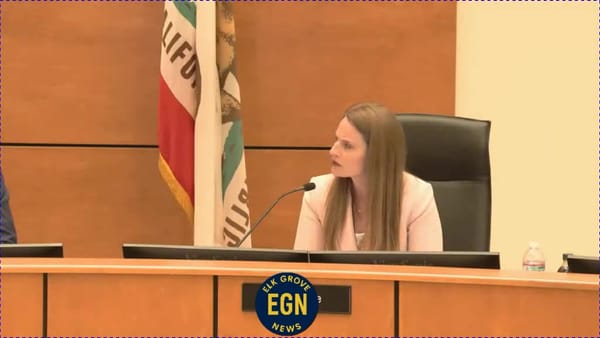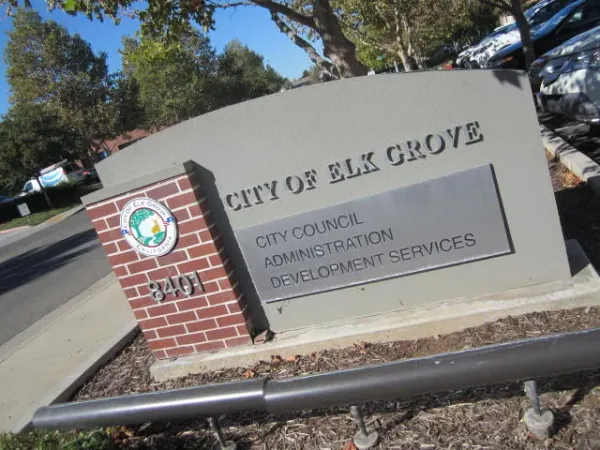Big Oil spent over $26 million to lobby California officials in first 9 months of 2025!
Chevron and WSPA again dominate lobbying spending in California.

Chevron and WSPA again dominate lobbying spending in California.


During the board discussion, Trustee Heidi Moore criticized the proclamation and the district’s broader approach to gender identity policies

No mention was made of the city's violation of state fair housing laws

For Elk Grove and now Huntington Beach, the message from Sacramento — and now Washington — appears clear

Meetings and events